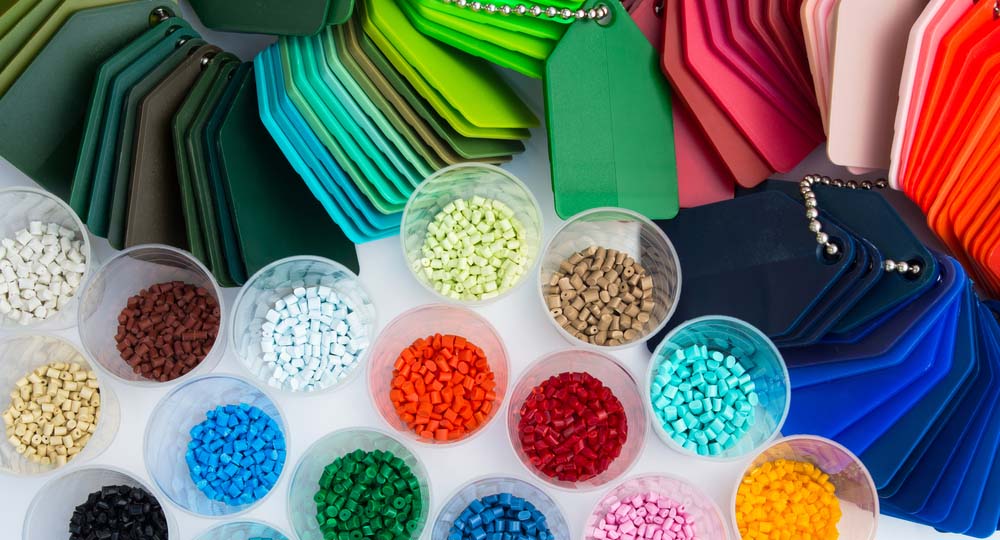CPSIA Phthalates Compliance Testing
The Consumer Product Safety Improvement Act (CPSIA) of 2008 introduced stringent regulations to ensure toy safety and reduce exposure to harmful chemicals. Specifically, Section 108 prohibits the use of certain phthalates in toys intended for children under three years old. This regulation is a critical measure aimed at protecting public health by eliminating dangerous materials from consumer products.
Phthalates are a class of chemical plasticizers that enhance flexibility and durability in plastics used in various industries, including toy manufacturing. However, certain phthalates have been associated with adverse health effects, leading to the CPSIA's mandate for their elimination in specific applications. Compliance with these regulations is mandatory for manufacturers who wish to sell toys in the United States.
Our laboratory offers comprehensive CPSIA Phthalates Compliance Testing services tailored to assist toy manufacturers and suppliers in ensuring they meet regulatory requirements. Our testing methods are aligned with international standards such as ASTM F963-17, which outlines general performance specifications for consumer products intended for use by children. Our expertise ensures that we can provide accurate, reliable results that help you navigate the complexities of CPSIA compliance.
The CPSIA Phthalates Compliance Testing process involves several key steps:
- Sample Collection and Preparation: We carefully collect samples from toys to ensure they represent the products accurately for testing. Specimen preparation adheres strictly to ASTM F963-17 guidelines.
- Instrumentation and Analysis: Using advanced analytical techniques, we conduct detailed analysis of the phthalate content in toy materials. Our laboratory utilizes Fourier Transform Infrared Spectroscopy (FTIR) and Gas Chromatography-Mass Spectrometry (GC-MS), among other methodologies, to identify and quantify phthalates present.
- Reporting: Upon completion of testing, we provide detailed reports that outline the results, including any detected levels of phthalates. These reports are designed to help you understand your product's compliance status relative to CPSIA standards.
Our team of experts works closely with clients throughout this process to ensure accurate and timely results. By partnering with us, toy manufacturers can gain confidence that their products comply with CPSIA regulations, thereby protecting public health and avoiding potential legal issues.
In addition to our testing services, we offer guidance on best practices for reducing phthalate content in toys. Our industry knowledge helps you stay informed about evolving regulatory requirements and offers insights into alternative materials that can enhance product safety without compromising design or functionality.
Why It Matters
The CPSIA Phthalates Compliance Testing is not just a compliance requirement; it represents a commitment to public health and safety. By ensuring toys are free from harmful phthalates, our testing service helps protect children from potential health risks associated with these chemicals. Regulatory compliance also supports brand reputation and consumer trust.
From a business perspective, adherence to CPSIA standards can reduce the risk of product recalls and legal actions. In an increasingly global market, maintaining high safety standards is essential for international distribution and sales. Our testing service ensures that toy manufacturers are not only meeting regulatory requirements but also staying ahead of potential future regulations.
For R&D engineers, compliance testing provides valuable data on material properties and potential alternatives to phthalates. This information can inform product design decisions that enhance safety without sacrificing quality or functionality. For quality managers and procurement officers, CPSIA Phthalates Compliance Testing offers peace of mind and helps streamline the supply chain process by identifying non-compliant products early in the production cycle.
Industry Applications
- Toys intended for children under three years old.
- Plastic components of educational toys.
- Soft vinyl materials used in toy manufacturing.
- Packaging materials that come into direct contact with toys.
These applications highlight the importance of CPSIA Phthalates Compliance Testing, especially for manufacturers targeting the U.S. market or aiming to comply globally with similar regulations.
Environmental and Sustainability Contributions
Beyond regulatory compliance, CPSIA Phthalates Compliance Testing plays a role in promoting environmental sustainability by encouraging the use of safer materials in toy manufacturing. By minimizing phthalate exposure, we contribute to reducing potential risks associated with chemical contamination. This aligns with broader sustainability goals aimed at improving public health and protecting ecosystems.
Our testing service also supports the development of more sustainable products. By identifying alternative materials that are both safe and environmentally friendly, toy manufacturers can design products that have a lower environmental impact throughout their lifecycle. This includes reduced waste generation, energy consumption during production, and enhanced recyclability.
The CPSIA Phthalates Compliance Testing process is part of a broader commitment to sustainable practices within the toy industry. By partnering with us, toy manufacturers take proactive steps towards environmental stewardship and contribute positively to global sustainability efforts.





